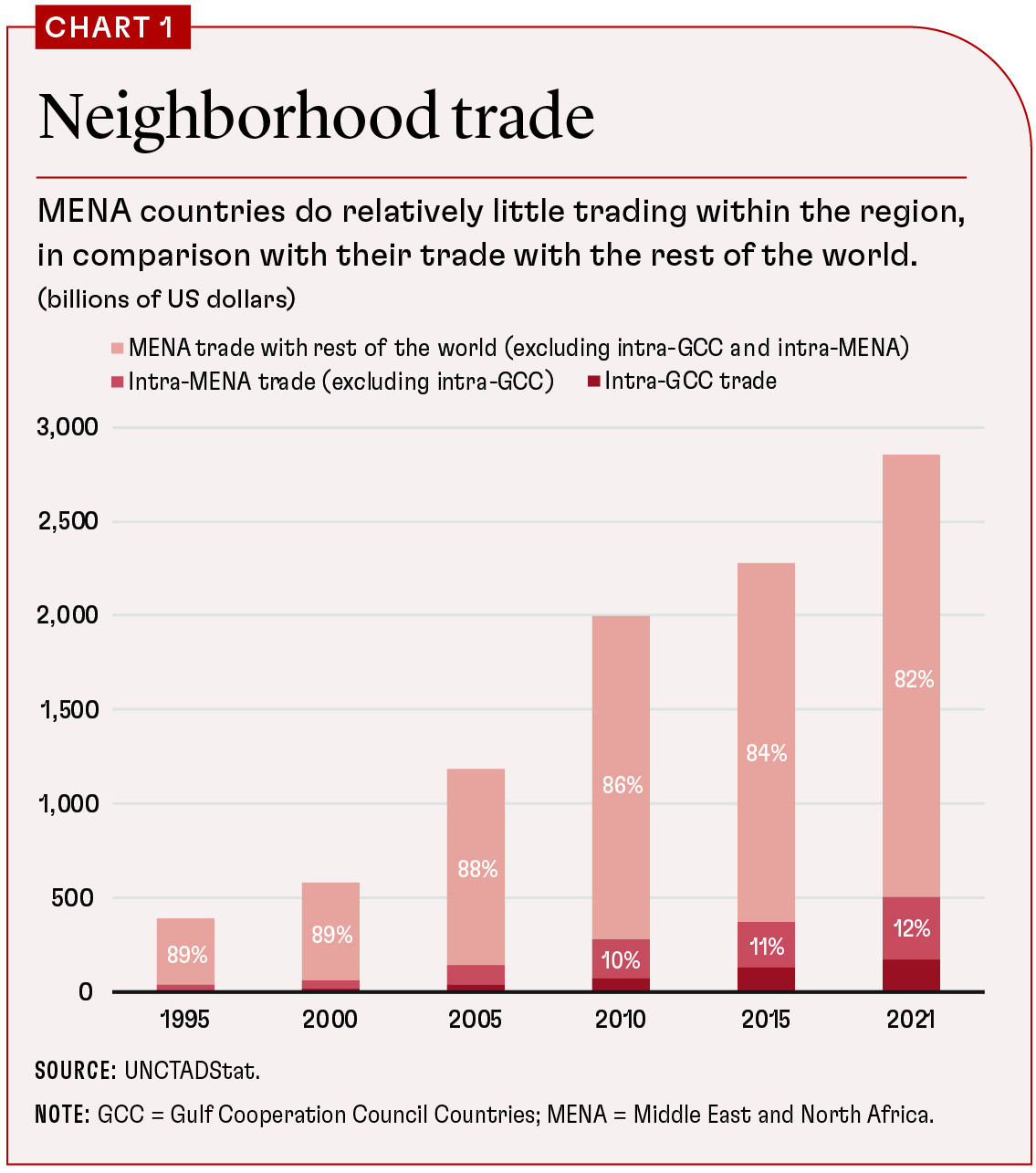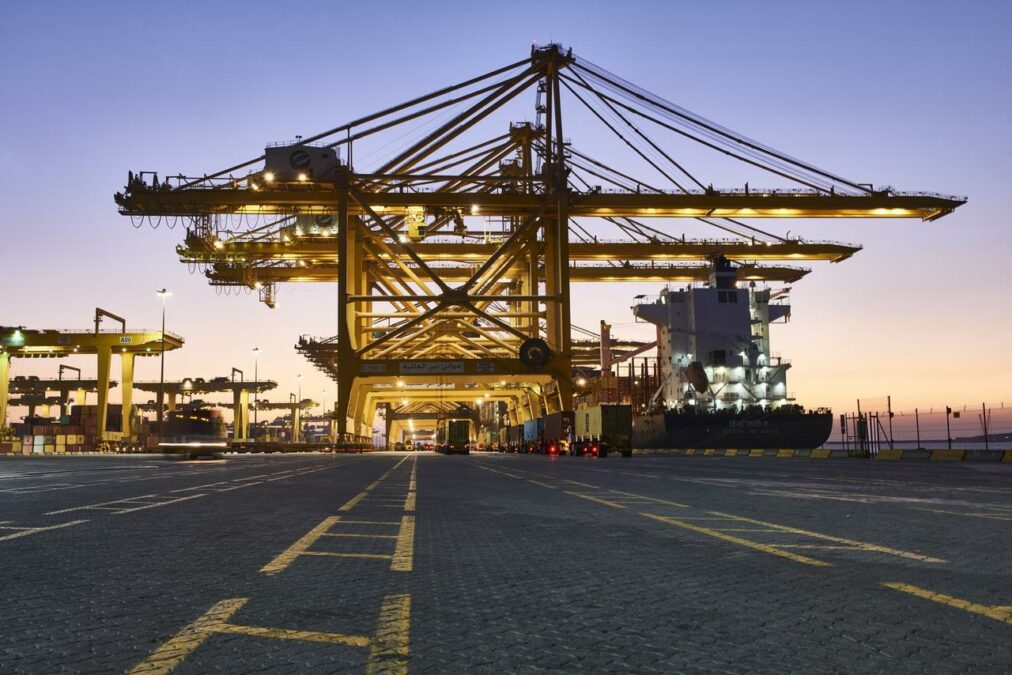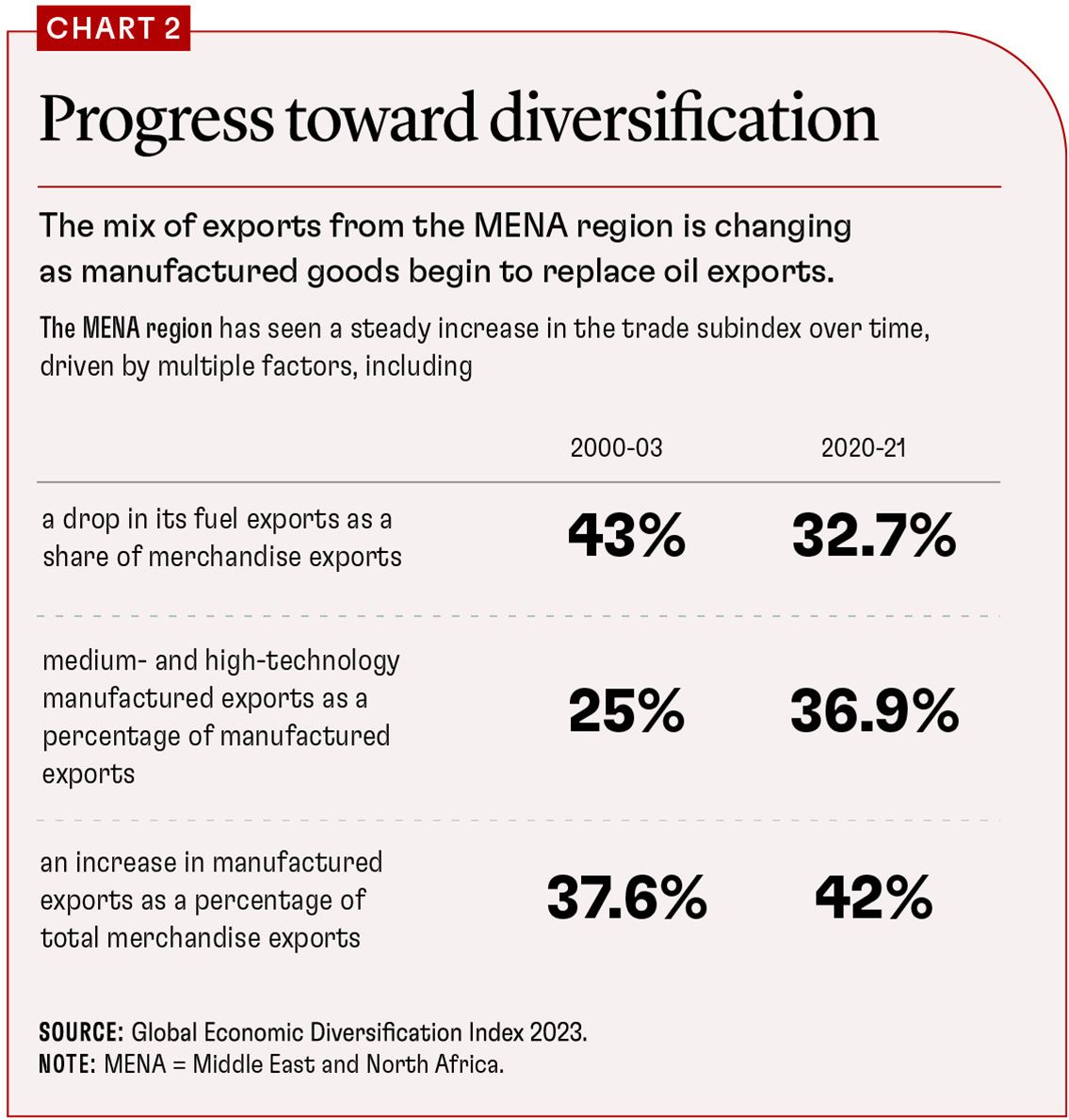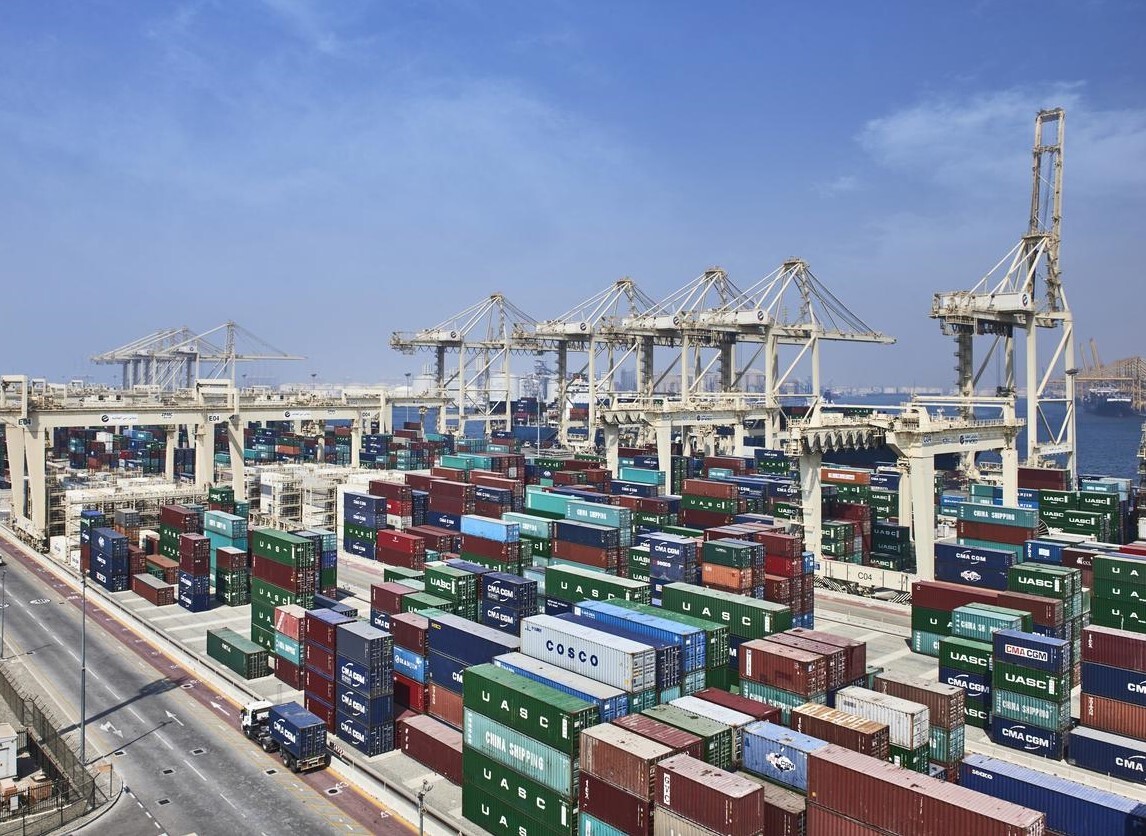DUBAI, UAE – The Gulf Cooperation Council (GCC) nations could be the catalyst the Middle East and North Africa (MENA) region needs to enhance its global trade footprint, a latest report has pointed out.
In 2022, the MENA region accounted for just 7.4 percent of global trade, added the International Monetary Fund report.

The MENA region, despite its rich history and shared cultural ties, has seen limited intraregional trade. In 2021, the region’s total trade in goods stood at 65.5 percent of its GDP, indicating an open regional economy. Yet, intraregional trade remains a mere 17.8 percent of total trade, said the report.
The GCC nations — comprising Saudi Arabia, Bahrain, Oman, Qatar, Kuwait, and the United Arab Emirates — dominate this intraregional trade. Their position suggests a potential to drive regional trade integration, lower trade barriers, and diversify economies.

However, the path to increased trade isn’t without challenges. The MENA region has grappled with restrictive nontariff measures, red tape, and corruption. Additionally, non-GCC MENA nations face infrastructure challenges, leading to significant delays in goods movement.
Experts at IMF believe that for the MENA region to truly harness the benefits of trade, comprehensive reforms are essential. The GCC, with its resources and strategic position, can lead this transformation. Investments in infrastructure, trade logistics, and an integrated power grid are seen as pivotal steps.
Furthermore, the GCC’s strategy of global engagement through new trade agreements, foreign aid, and direct investment can shape the MENA region into a global trade hub. Key initiatives include implementing the GCC Common Market, digital trade investments, and forging deeper trade agreements with other MENA countries.

To sum it up, while the MENA region faces challenges in global trade, the Gulf states emerge as potential game-changers, holding the promise of elevating the region’s position in the global trading system.








